In this BBC clip from 1964, the Irish journalist and presenter Cathal O’Shannon visits the Shetland Islands to report on the arrival of a television transmitter, which will make the remote Scottish archipelago the last part of the United Kingdom to receive broadcasts. Detailing local traditions of self-sufficiency, hand-knitting and fiddle music among the islands’ 19,000 inhabitants, O’Shannon wonders aloud if the arrival of television will sand away at the edges of the unique local culture. Viewed today, the clip serves as something of a Rorschach test for one’s views on the global modern world: does the report simply represent the latest alarmist tech panic, or did the arrival of television truly portend the end of an era?
The long-awaited arrival of TV to Shetland sparks debate in this vintage clip
Video by BBC Archive
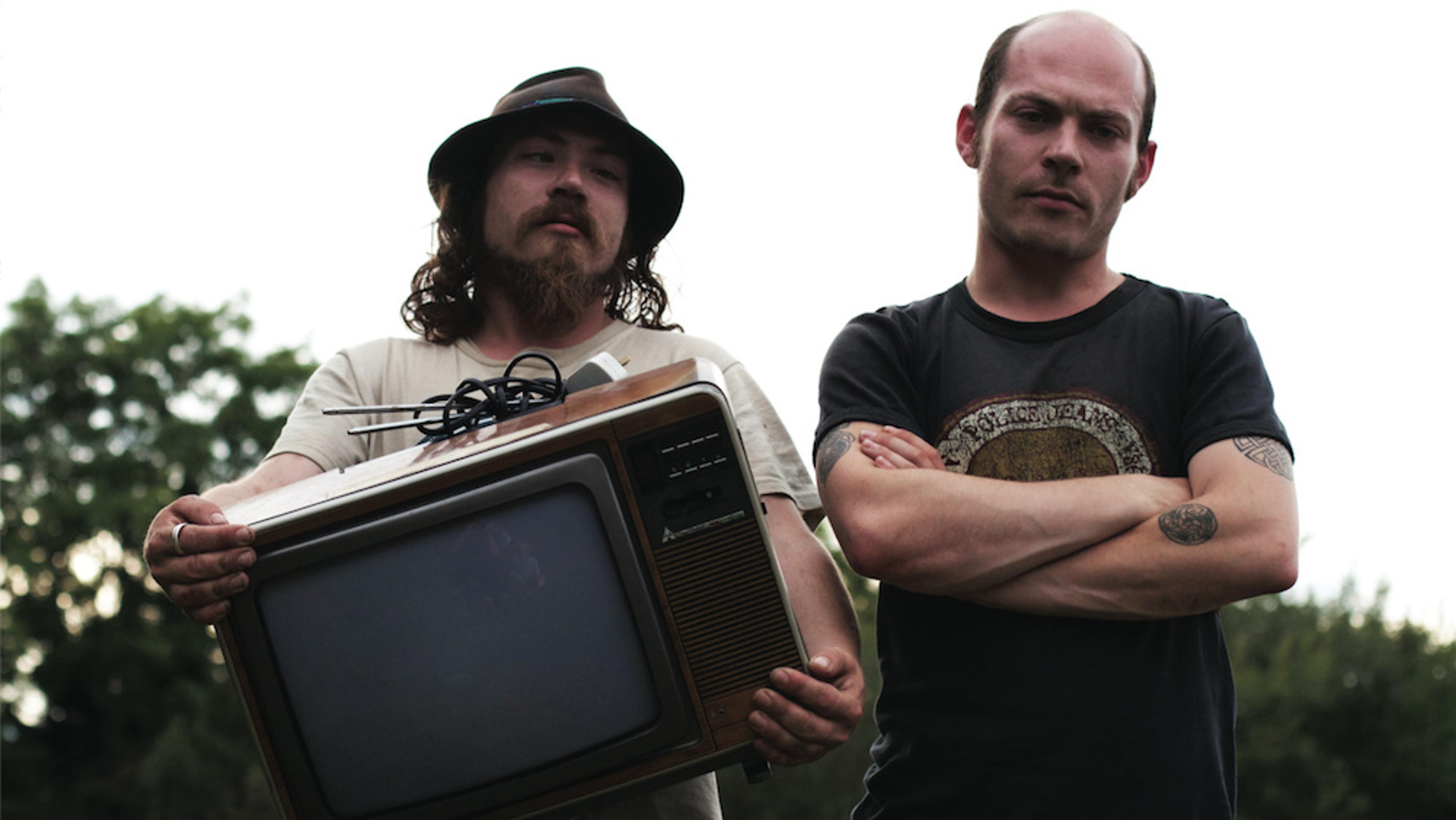
videoProgress and modernity
In an Irish pub, the switch from analogue to digital TV raises deep questions
13 minutes
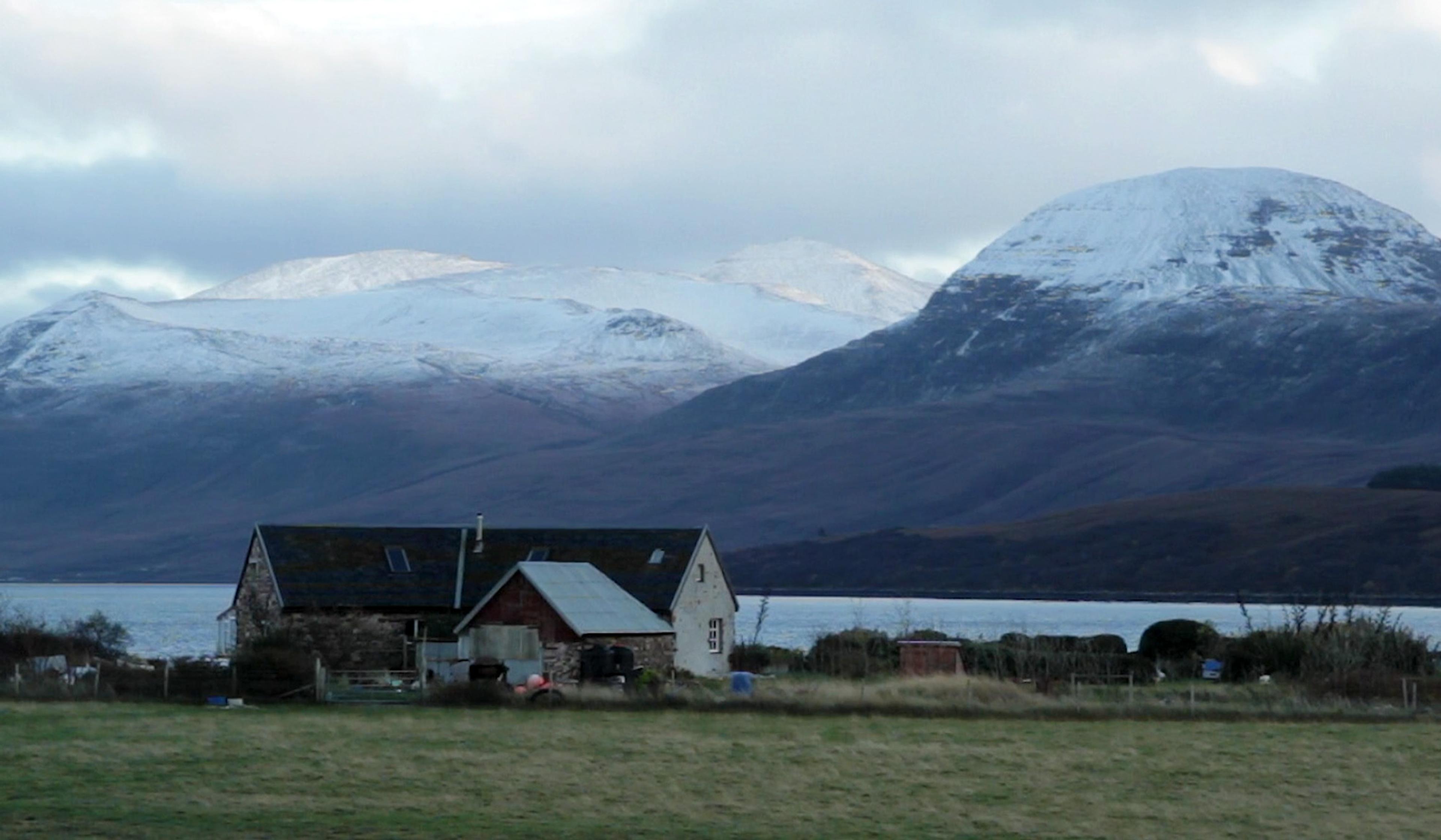
videoHome
Eccentrics, artists and Luddites find community on a remote Scottish peninsula
26 minutes
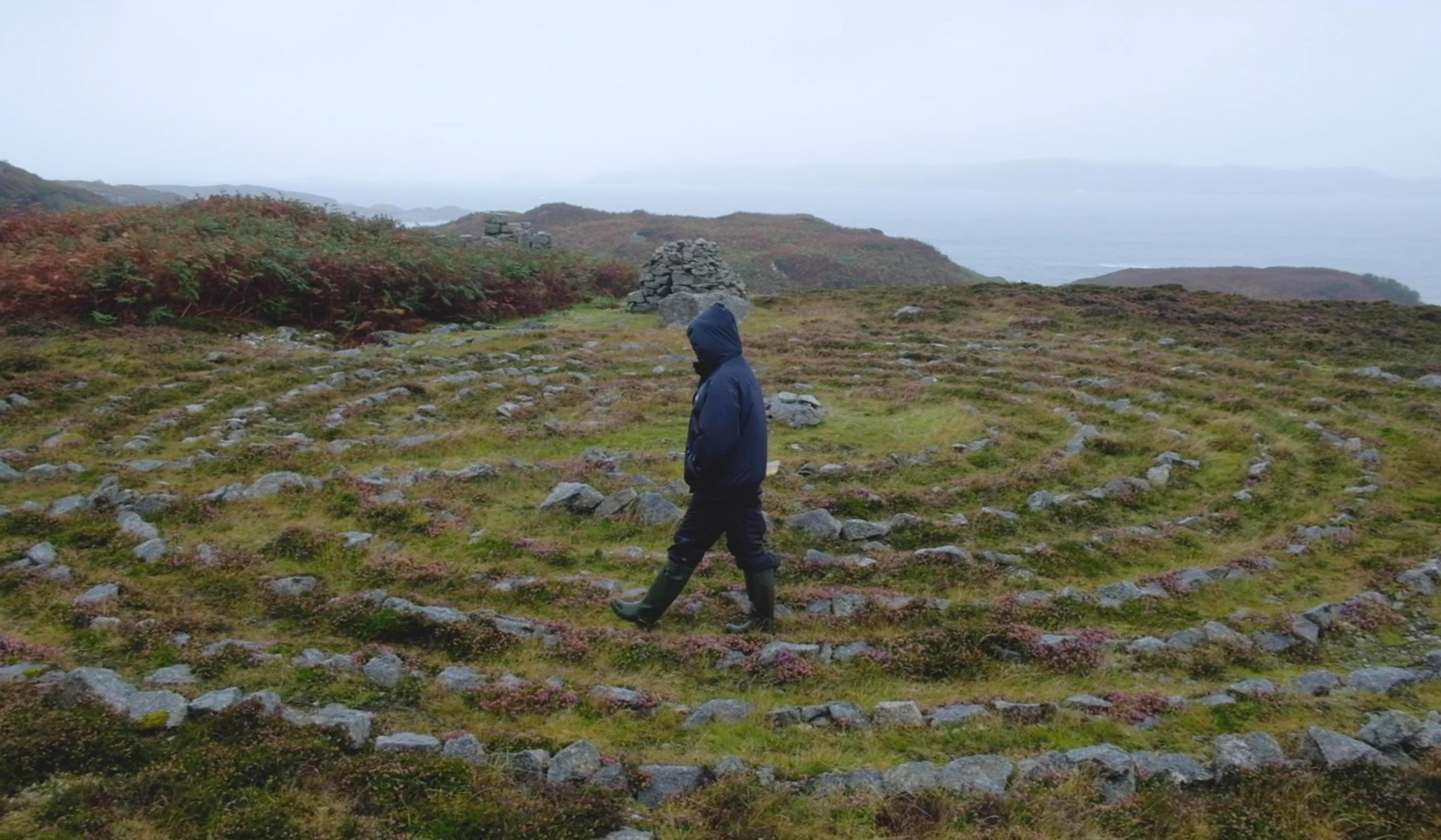
videoSubcultures
Living off-grid on a remote Scottish island is a mix of rejection and acceptance
13 minutes
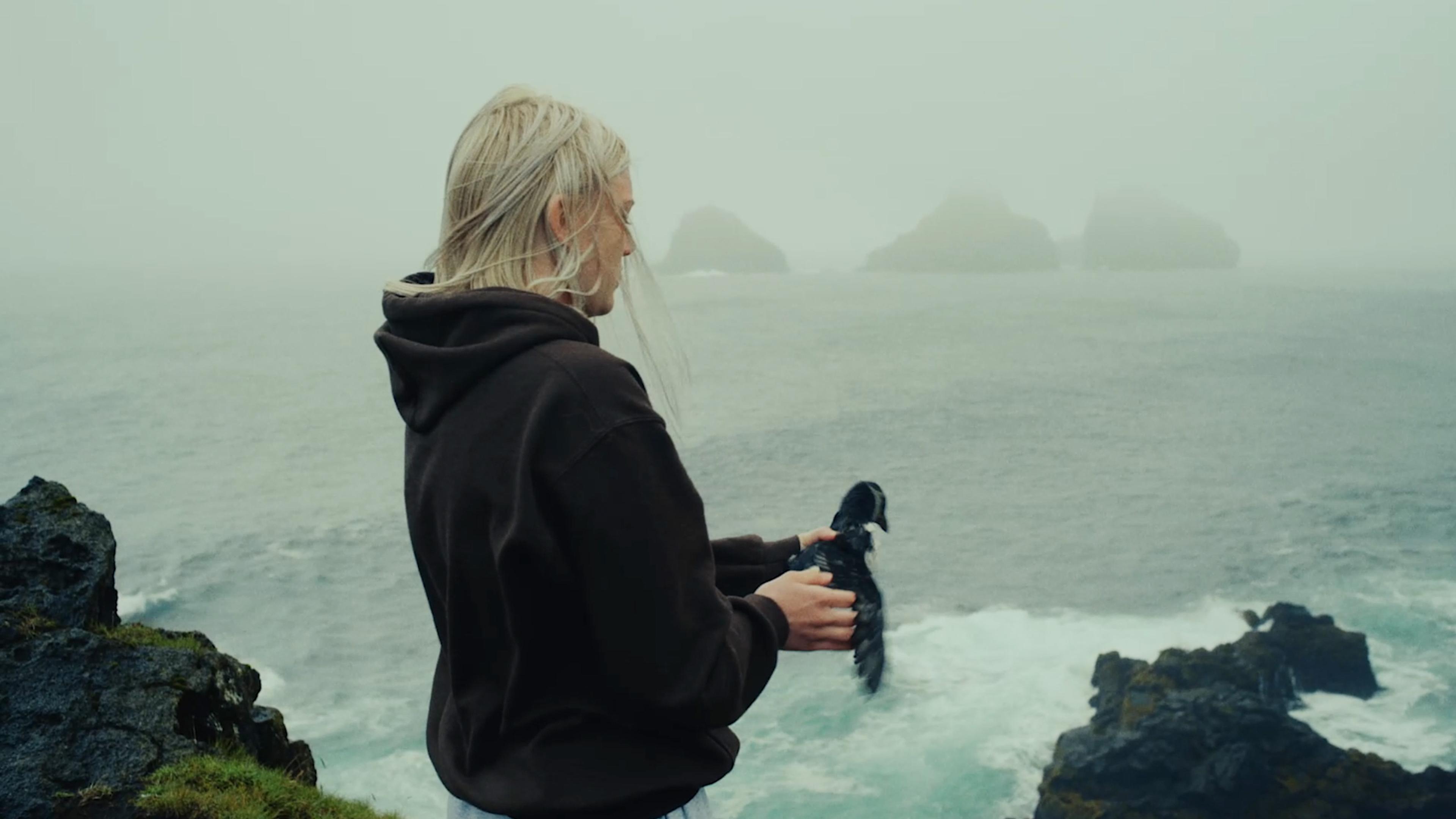
videoChildhood and adolescence
The unique fellowship between teens and young puffins on a remote Icelandic island
20 minutes
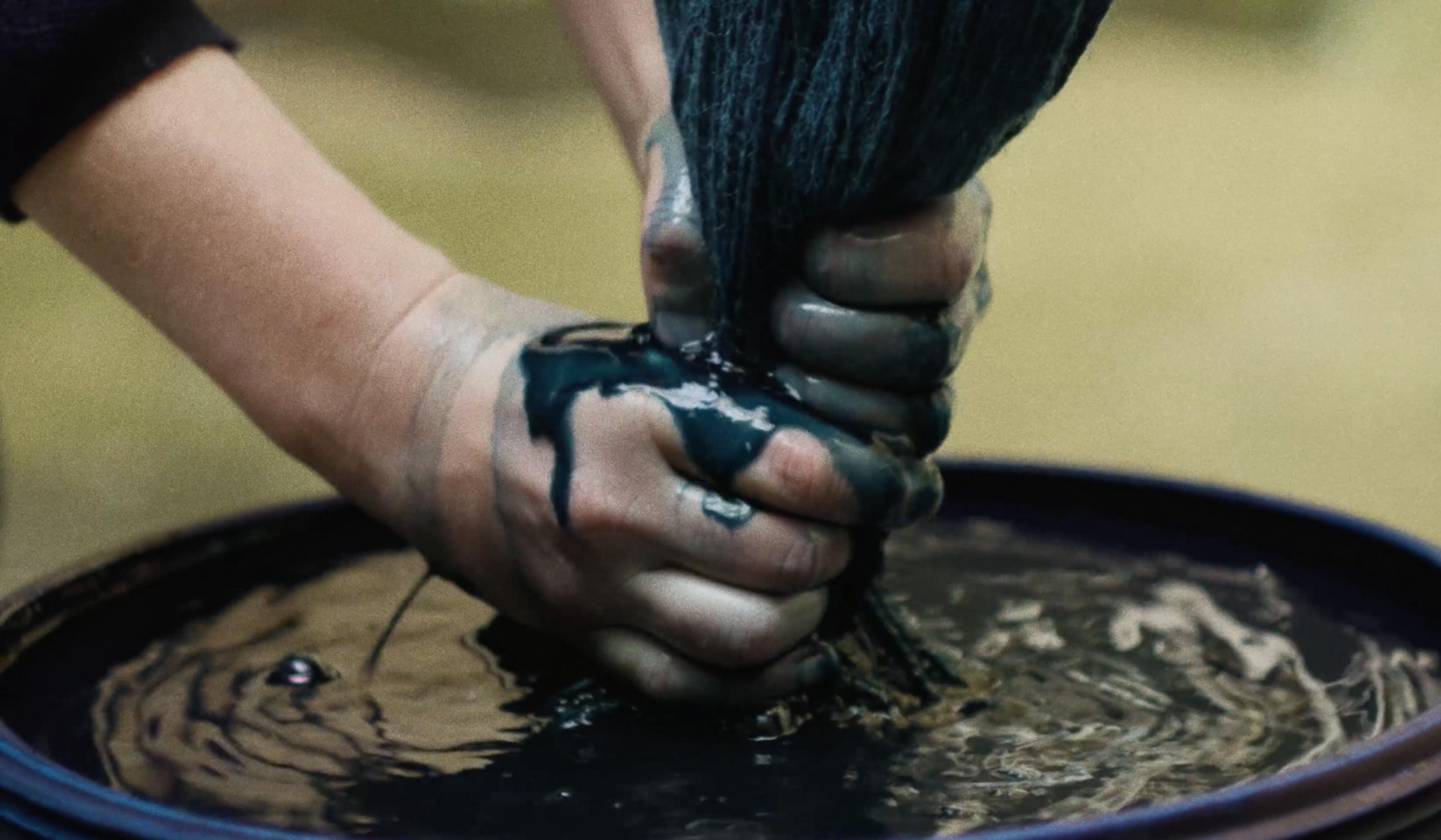
videoDesign and fashion
From sheep to sea – an ode to the iconic sweater that warms Cornish sailors
4 minutes

videoAnimals and humans
The difference between an enormous beast and a puny newt is just a matter of perspective
1 minute
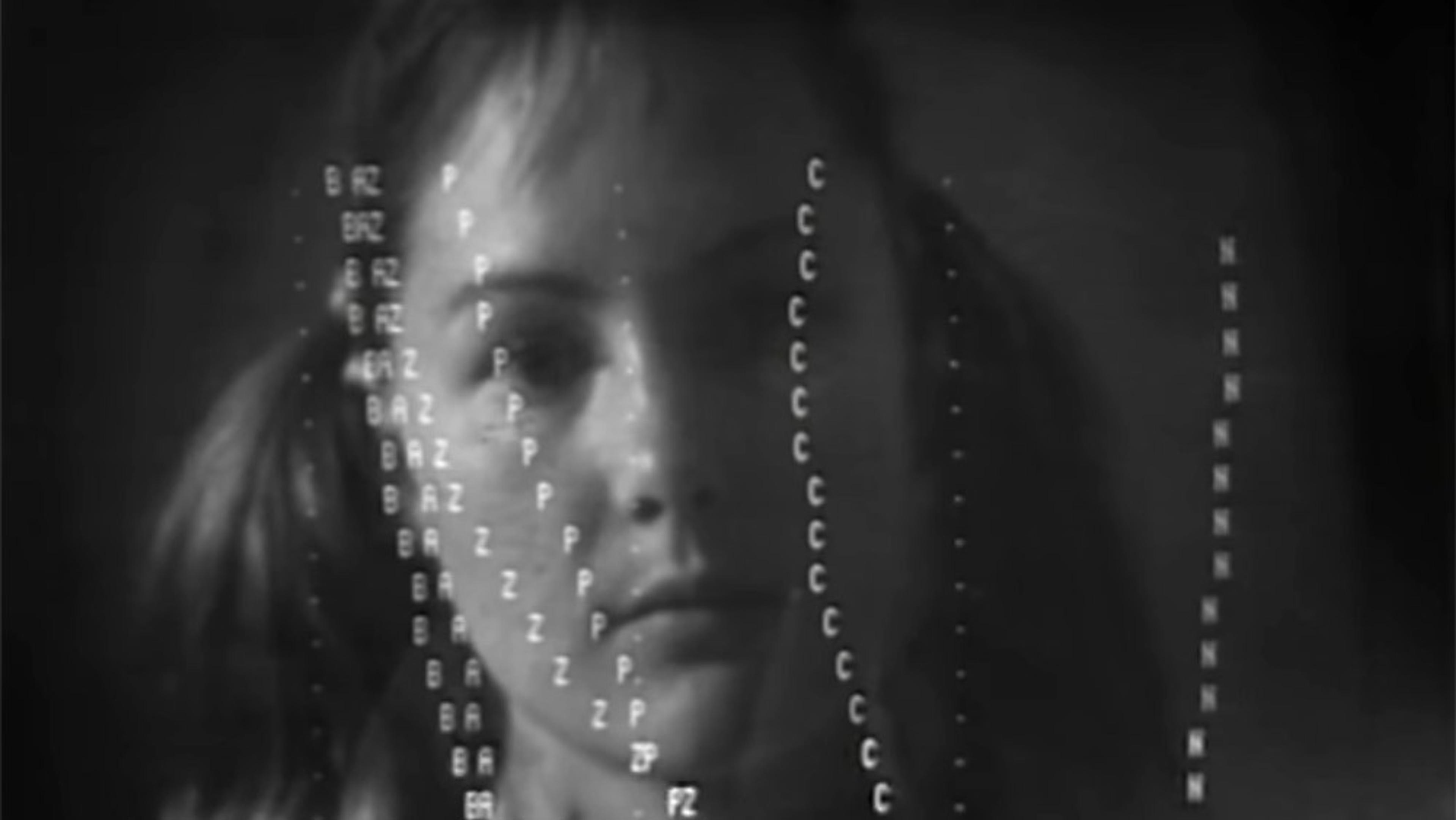
videoComputing and artificial intelligence
Civilisation peaked in 1940 and will collapse by 2040: the data-based predictions of 1973
11 minutes
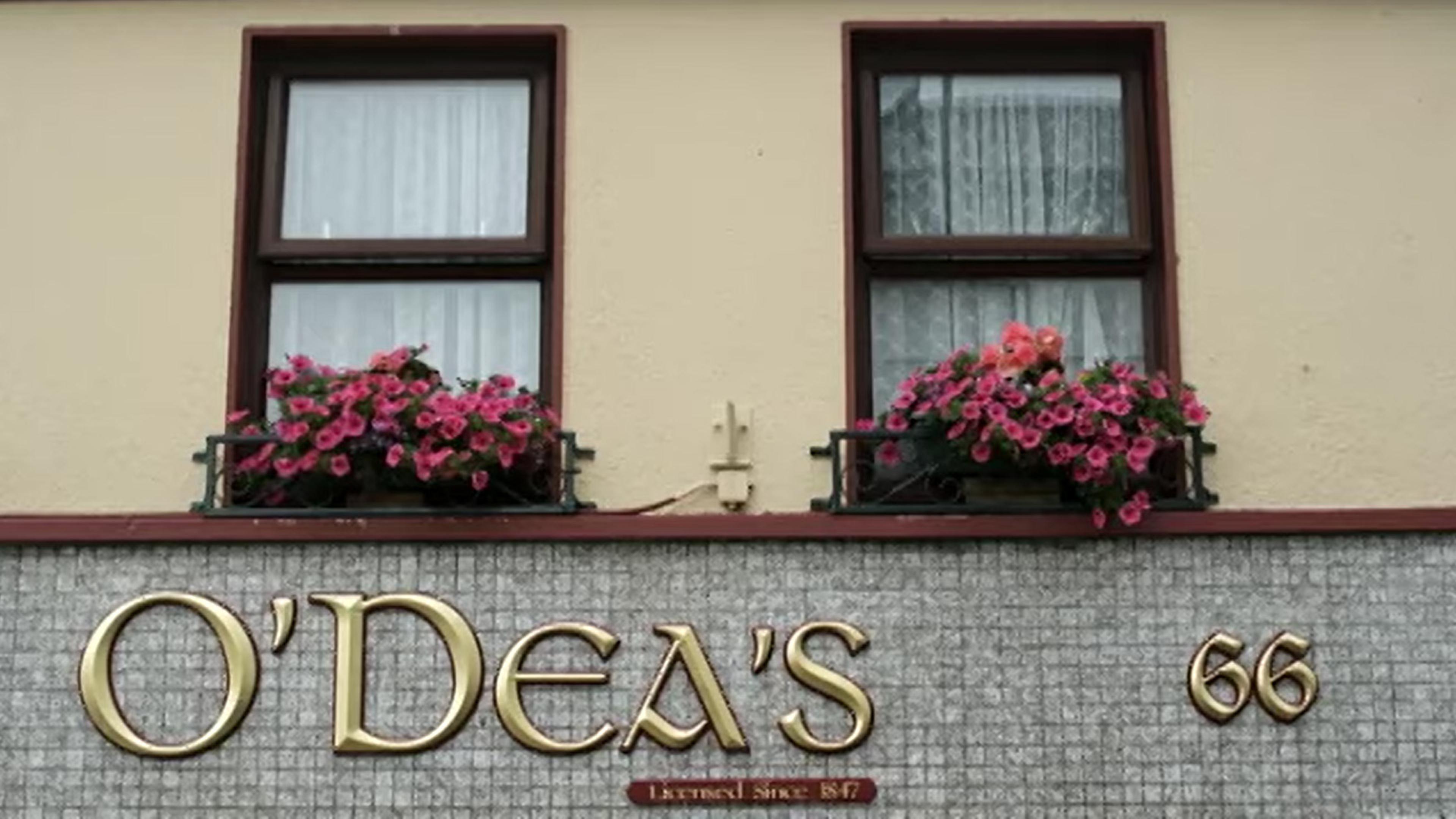
videoHome
Whether above a pub or in a castle, our childhood homes leave an indelible mark
15 minutes
videoInformation and communication
The ‘father of information theory’, Claude Shannon brought us our digital world
6 minutes